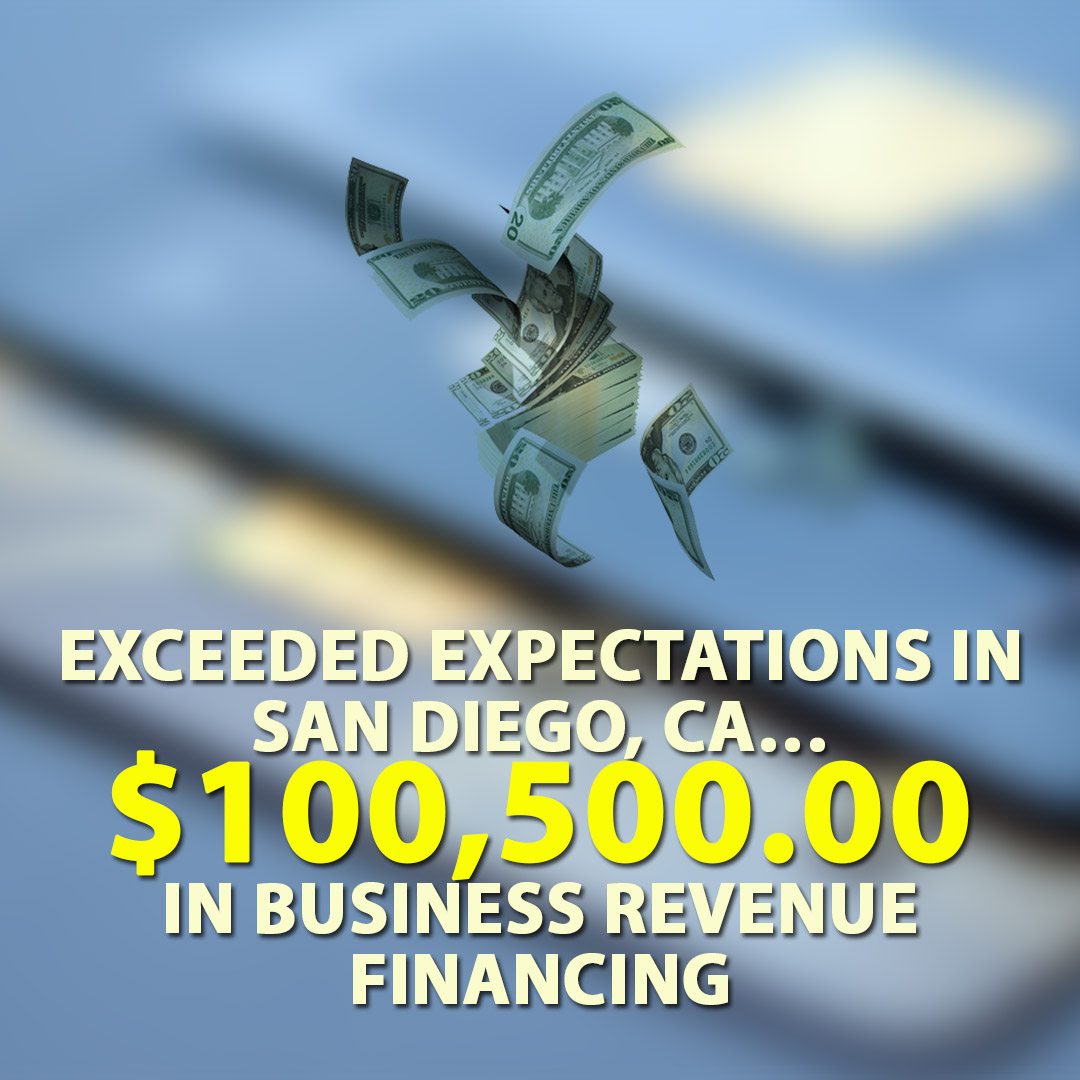Are Unsecured Loans Bad for Your Credit?
페이지 정보
작성자 Casie 댓글 0건 조회 11회 작성일 25-08-26 13:29필드값 출력
본문
Unsecured loans are a common financial product that many consumers use to cowl expenses, consolidate debt, or finance a major buy. However, there is often confusion concerning how these loans affect an individual's credit score rating. This report aims to explore the relationship between unsecured loans and credit score scores, examining each the potential advantages and drawbacks.
Understanding Unsecured Loans
Unsecured loans are loans that are not backed by collateral. Not like secured loans, reminiscent of mortgages or auto loans, which require the borrower to pledge an asset, unsecured loans rely solely on the borrower’s creditworthiness. Examples of unsecured loans include personal loans bad credit no credit check loans, credit score cards, and student loans. Because no collateral is involved, lenders assess the borrower’s credit history and earnings to determine eligibility and interest charges.
The Affect of Unsecured Loans on Credit Scores
Credit scores are calculated based mostly on a number of components, including cost history, credit score utilization, length of credit historical past, sorts of credit score used, and recent inquiries. Unsecured loans can affect these factors in various methods:

- Cost Historical past: This is the most significant consider credit score scoring, accounting for roughly 35% of a FICO score. If a borrower makes well timed funds on an unsecured loan, it can positively impact their credit score rating. Conversely, missed or late funds can significantly harm credit scores, leading to a unfavorable affect on future borrowing alternatives.
- Credit Utilization: For revolving credit score accounts like credit score cards, credit score utilization plays a vital position in credit scoring. This ratio is calculated by dividing the full credit used by the overall credit score available. When a borrower takes out an unsecured loan, it could actually affect their general credit score utilization ratio, especially if it leads to elevated spending on credit playing cards. A high utilization ratio can decrease a credit score rating.
- Size of Credit score History: Unsecured loans can affect the common age of a borrower’s credit score accounts. Opening a brand new unsecured loan can lower the typical age of credit accounts, which can negatively impression the credit score rating within the quick term. However, responsibly managing the loan can build a optimistic credit historical past over time.
- Forms of Credit score Used: Credit score scoring models favor a mix of credit score sorts, together with installment loans (like unsecured personal loans) and revolving credit (like credit cards). Having a various credit score combine can improve a credit score rating. Therefore, an unsecured loan could be beneficial if it provides to the range of a borrower's credit score portfolio.
- Latest Inquiries: When a borrower applies for an unsecured loan, a tough inquiry is made on their credit report. This inquiry can quickly decrease the credit score score by just a few factors. Nevertheless, the impact of onerous inquiries diminishes over time, usually inside a year.
The advantages of Unsecured Loans
Regardless of the potential dangers, unsecured loans may present a number of benefits which will positively influence a borrower’s credit profile:

- Debt Consolidation: Borrowers often use unsecured loans to consolidate high-interest debt, such as bank card balances. By consolidating debt into a single loan with a decrease curiosity price, borrowers can reduce their monthly payments and pay off debt more effectively. This will lead to improved credit score scores over time as excellent balances lower.
- Constructing Credit Historical past: For individuals with limited credit score history, responsibly managing an unsecured loan might help set up and construct credit score. Making on-time funds can create a optimistic fee history, which is essential for enhancing credit score scores.
- Emergency Funding: Unsecured loans can present quick access to funds in emergencies. By assembly pressing monetary wants, borrowers can avoid late payments on existing obligations, which might negatively affect their credit scores.
The Drawbacks of Unsecured Loans
Whereas unsecured loans can be useful, there are additionally potential drawbacks that borrowers should consider:
- High Curiosity Charges: Unsecured loans sometimes have increased curiosity charges than secured loans as a result of elevated danger to lenders. If you have any queries with regards to in which and how to use are unsecured loans bad for your credit; https://evertonholidays.com,, you can get hold of us at our page. Excessive-interest payments can strain a borrower’s finances, making it troublesome to keep up with payments and doubtlessly leading to missed funds.
- Danger of Over-Borrowing: The benefit of obtaining unsecured loans could lead some borrowers to take on more debt than they'll handle. Over-borrowing can lead to financial pressure, missed payments, and finally a damaged credit rating.
- Unfavorable Impact of Default: If a borrower defaults on an unsecured loan, the lender cannot seize an asset as collateral. Nonetheless, the default can be reported to credit score bureaus, leading to a big drop in the borrower’s credit score score. A default can remain on a credit report for up to seven years, severely impacting future borrowing alternatives.
Conclusion
Unsecured loans can have both positive and unfavorable effects on a borrower’s credit rating. Whereas they provide alternatives for debt consolidation, credit score constructing, and emergency funding, additionally they come with risks similar to excessive curiosity charges and the potential for over-borrowing. The key to managing unsecured loans successfully lies in responsible borrowing and timely repayments. By understanding how unsecured loans impression credit scores, borrowers can make knowledgeable choices that align with their monetary objectives.
Ultimately, whether or not unsecured loans are "bad" for credit score depends on how they're used. With careful management, they generally is a priceless tool for improving creditworthiness and achieving monetary stability. Conversely, mismanagement can result in detrimental effects on credit score scores, making it important for borrowers to strategy unsecured loans with warning and a strong repayment plan.




